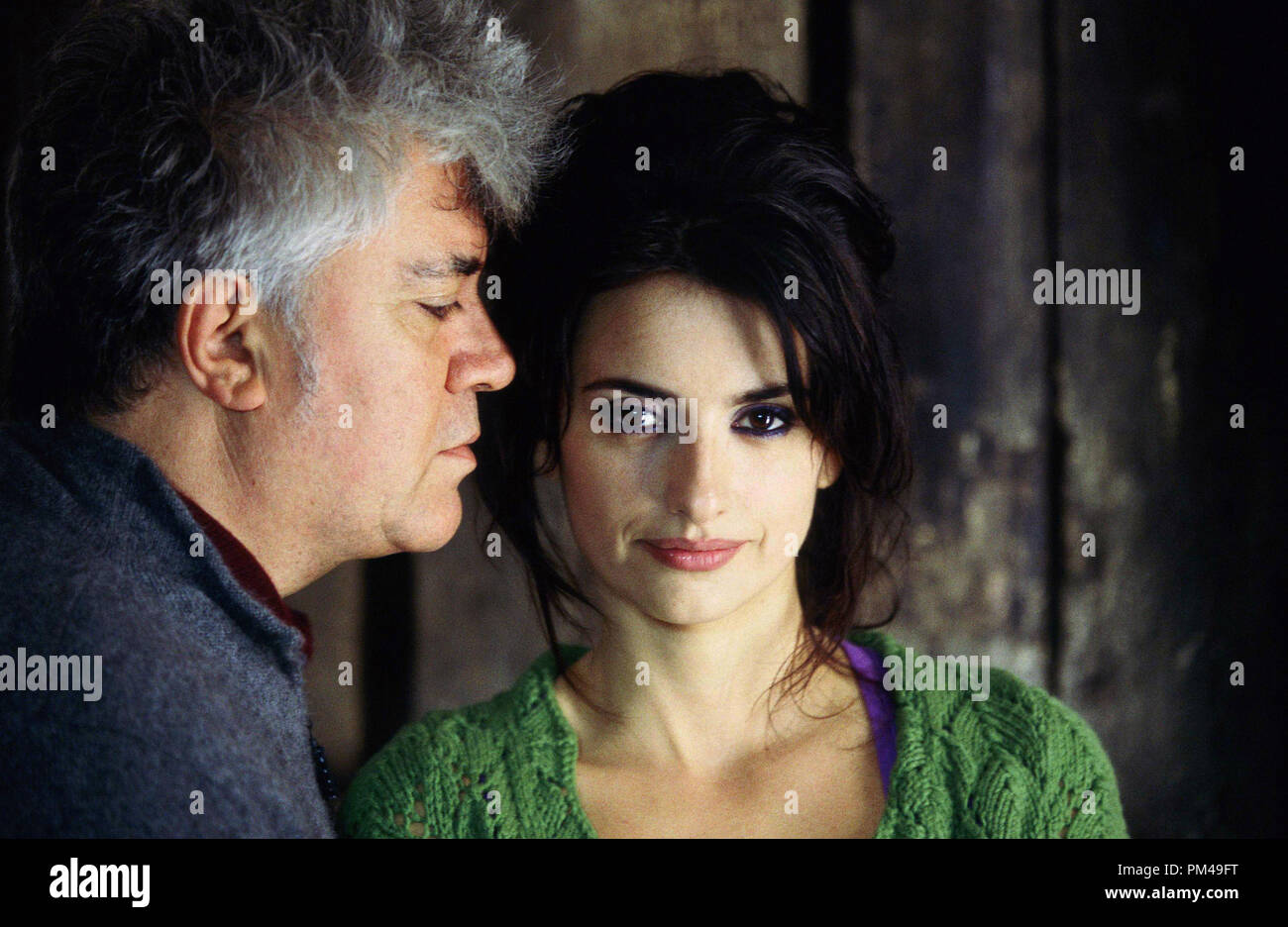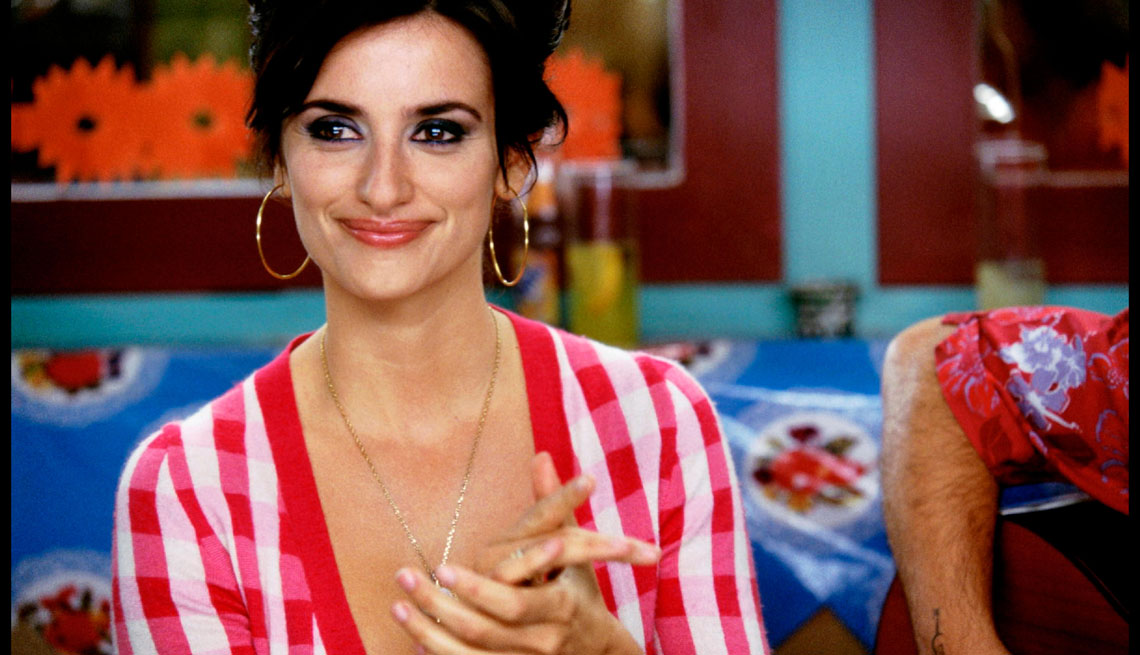

A supposed ghost, who is simultaneously fragile and timid, Dueñas successfully alludes to the indistinctness and fluidity of life and the afterlife. Carmen Lampreave, who plays the supposedly dead mother of Raimunda and Sole who returns to them, also is excellently acted. Loa Dueñas, too, captures the essence of her character her pain and loneliness are powerfully conveyed in her sad, blank stare as if she is about to break into tears. This superb character development is a product of writer, director, and actor working harmoniously together. As the plot unfolds, Cruz correspondingly divulges the inner struggle of her character, in a powerful and untrite way. Performed in her native language, Spanish, the film displays Cruz's acting abilities that seem devoid when in her English speaking roles. Penelope Cruz delivers a captivating performance as a confident and charismatic single mother. Furthermore, the plot itself is rendered irrelevant, as it is in the honesty of the emotions and relationships that creates such a real world despite all the apparent fantasticism. The irrelevance of men allows the film not to be a polemic against men, as it is instead interested in the concept of female togetherness and resolve. The death of Paco elicits no intense emotions, though he is eventually given a meaningful burial. The few men who are present are depicted as lecherous and unreliable, yet mainly they are irrelevant.

The inclusion of a nearly complete female cast is significant. Yet, the plot, and life for that matter, is simultaneously simple in Volver, as Almodóvar departs from using intricate parallel plots or flashbacks, characteristics of his earlier films. Almodóvar brilliantly and originally melds the real and fantastical in such a way that rather than the fantastical belonging to reality (as is the case with the magical realism a la Marquez or Borges) reality is fantastical itself. While Almodóvar appropriates these styles, he departs from these genres' conventions in a surprising and seemingly effortless manner. Murder mystery and a piece of magical realism respectively. The two developments lead the viewer to initially assume that the film will progress as a The plots develop in two separate locations, La Mancha and a poor neighborhood in Madrid, where Raimunda and her fourteen year old daughter, Paula (Yohana Cobo) reside. The ghost is that of Raimunda and Sole's mother, Irene (Carmen Lampreave) who returns after four years after her supposed death in order to visit her daughters. The murder, and resulting dead body is that of Raimunda's husband Paco, who is found on their kitchen floor in a pile of blood and a knife in his stomach. One would expect such proceedings to produce a film that is dark and sorrowful, yet Volver, rendered in illuminating colors, unfolds in a rather benign, often light-hearted manner.

Yet, the surety, or rather finality, of their deaths are quickly undermined in this small town where belief in ghosts is pervading.ĭeath, incest, murder, cancer, a ghost, and a dead body form the plot of the film. Raimunda (Penelope Cruz), a woman who exudes beauty and self-confidence, yet works as a janitor together with her sister, Sole (Loa Duenas), fight the winds to clean the gravestones of their parents who we are told died in a fire. The film opens in La Mancha, an anachronistic small town plagued by superstition. Almodóvar has once again demonstrated his genius in capturing a paradoxical world where tragedy and humor, life and death, hope and despair coexist. Following Talk to Her and Bad Education, films that explored paradigms of masculinity, director Pedro Almodóvar has returned to the female world in his latest film, Volver.


 0 kommentar(er)
0 kommentar(er)
